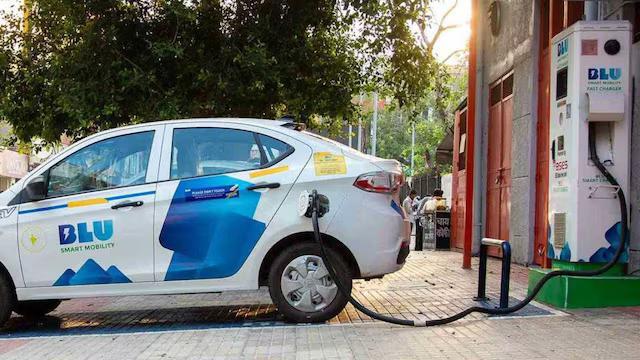
OpenAI & Elon Musk Agree to Fast-Track Trial Over For-Profit Model
In a recent turn of events, Elon Musk and OpenAI have agreed to fast-track a trial regarding OpenAI’s transition to a for-profit model, according to a court filing. This development comes after a court previously denied Musk’s request to pause OpenAI’s transition to the new model.
For those who may not be familiar, last year, Musk sued OpenAI and its CEO Sam Altman, accusing the company of straying from its original goal of creating AI for humanity’s benefit. Musk, who was a key funder of OpenAI when it was founded in 2015, claimed that the company had abandoned its mission to promote the development of AI that is beneficial to humanity.
Musk’s lawsuit alleged that OpenAI’s shift to a for-profit model would allow the company to prioritize profits over its original mission, which could have negative consequences for society. The lawsuit also claimed that OpenAI’s new business model would allow the company to collect and retain sensitive user data, which could be used for nefarious purposes.
The court filing stated that the fast-tracked trial would allow the parties to present their arguments and evidence more quickly, which would help to resolve the dispute in a timely and efficient manner. The trial is expected to take place in the coming months, with the exact date to be determined.
OpenAI’s decision to shift to a for-profit model has been met with criticism from many in the AI community, who argue that the move will allow the company to prioritize profits over its original mission to create AI that benefits humanity. However, OpenAI has defended its decision, stating that the move will allow the company to scale its operations and make more progress in the development of AI.
In a statement, OpenAI said, “We believe that our new business model will allow us to accelerate the development of AI in a way that is beneficial to humanity. We are committed to transparency and accountability, and we believe that our new model will allow us to achieve our goals in a way that is consistent with our original mission.”
Musk, on the other hand, has been vocal in his opposition to OpenAI’s decision, stating that the move will allow the company to prioritize profits over its original mission. In a tweet, Musk said, “OpenAI is abandoning its mission to promote the development of AI that is beneficial to humanity. Instead, they are prioritizing profits over people. This is a grave mistake, and I will do everything in my power to stop it.”
As the trial approaches, it remains to be seen what the outcome will be. Will OpenAI be able to convince the court that its new business model is consistent with its original mission, or will Musk’s concerns about the potential negative consequences of the move prevail? Only time will tell.
Regardless of the outcome, this dispute serves as a reminder of the importance of transparency and accountability in the development of AI. As AI continues to play an increasingly important role in our lives, it is essential that we prioritize the development of AI that is beneficial to humanity, rather than allowing it to be driven by profits.
In conclusion, the agreement to fast-track the trial between OpenAI and Elon Musk is a significant development in the ongoing dispute over OpenAI’s transition to a for-profit model. As the trial approaches, it will be important to monitor the developments closely and to consider the potential implications of the outcome for the development of AI.






